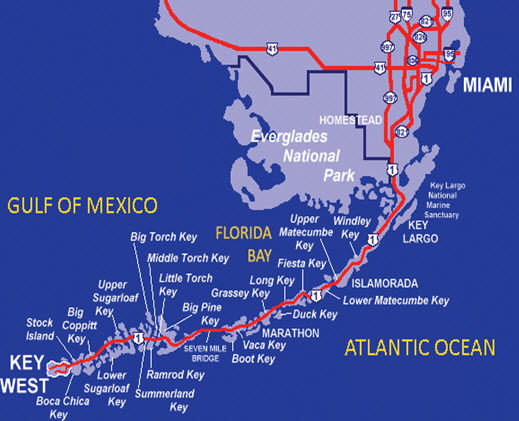The question of the cast on Ancient Aliens a show on the History Channel on television normally airing on Friday evenings at 9:00p.m. is: "Why stone?"
This caption relief will be an attempt to answer that question. The balance of any keel is the ballast and at such the focus must remain in an attempt to understand more than why stone.
Greek mythology has 'The Titan': The Thinker, and, Atlas. These stories are only a gift to this post as for Cantore Arithmetic should I be correct the numbers would be cadence and the post would be a hub.
Atlas; hard rock
Thinker; conscious
Atlas (mythology)
| Atlas | |
|---|---|
 The Farnese Atlas, the oldest known representation of the celestial spheres. | |
| Abode | Western edge of Gaia (the Earth) |
| Personal information | |
| Parents | |
| Consort | |
| Children | |
| Equivalents | |
| Roman equivalent | Atlas |
| Egyptian equivalent | Shu[1] |
In Greek mythology, Atlas (/ˈætləs/; Greek: Ἄτλας, Átlas) is a Titan condemned to hold up the heavens or sky for eternity after the Titanomachy. Atlas also plays a role in the myths of two of the greatest Greek heroes: Heracles (Hercules in Roman mythology) and Perseus. According to the ancient Greek poet Hesiod, Atlas stood at the ends of the earth in extreme west.[2] Later, he became commonly identified with the Atlas Mountains in northwest Africa and was said to be the first King of Mauretania.[3] Atlas was said to have been skilled in philosophy, mathematics, and astronomy. In antiquity, he was credited with inventing the first celestial sphere. In some texts, he is even credited with the invention of astronomy itself.[4]
Atlas was the son of the Titan Iapetus and the Oceanid Asia[5] or Clymene.[6] He was a brother of Epimetheus and Prometheus.[7]He had many children, mostly daughters, the Hesperides, the Hyades, the Pleiades, and the nymph Calypso who lived on the island Ogygia.[8]
The term Atlas has been used to describe a collection of maps since the 16th century when Flemish geographer Gerardus Mercatorpublished his work in honour of the mythological Titan.
The "Atlantic Ocean" is derived from "Sea of Atlas". The name of Atlantis mentioned in Plato's Timaeus' dialogue derives from "Atlantis nesos" (Ancient Greek: Ἀτλαντὶς νῆσος), literally meaning "Atlas's Island."[9]












No comments:
Post a Comment